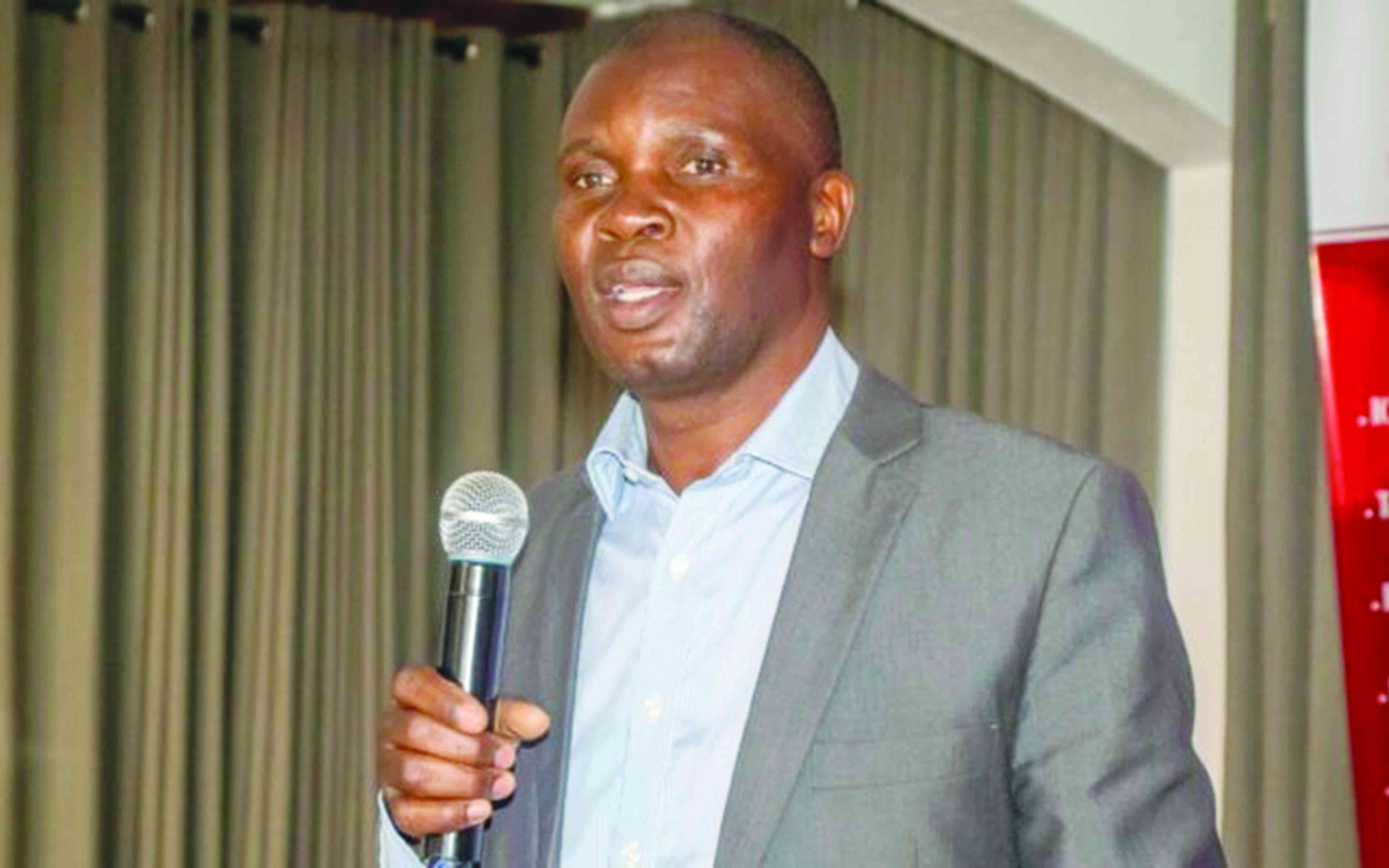
A REVOLUTION is taking place in Zimbabwe’s power sector.
Under new regulations that came into force about a decade ago, government has been licensing new independent power producer (IPPs) to expand the electricity generation base.
NewsDay (ND) senior business reporter, Tatira Zwinoira (ND) recently had a discussion with Eddington Mazambani (EM), chief executive at the Zimbabwe Energy Regulatory Authority (Zera) to get a glimpse of the ground covered in the push towards IPP licensing and renewable energy facilities. Below is how their discussion turned out…
ND: Tell us about the licensing requirements for energy projects in Zimbabwe?
EM: One of the requirements for an investor to approach us for licensing is that they must come up with a bankable feasibility study. If you don’t have a bankable feasibility study we just don’t look at it.
ND: How often do you find yourselves having to do that?
EM: At the beginning, it was a bit more often but lately, most of the projects that come are accompanied with bankable feasibility studies.
ND: There are about 90 renewable energy projects. Of these, only 20 have started. How are you going to address this?
- Chamisa under fire over US$120K donation
- Mavhunga puts DeMbare into Chibuku quarterfinals
- Pension funds bet on Cabora Bassa oilfields
- Councils defy govt fire tender directive
Keep Reading
EM: I think there is a need to indicate why those are struggling. Reaching financial closure has been a challenge with most IPPs. Financial closure avails the funding for projects to go ahead. Most of them have not gotten to that stage yet.
The main reason that is inhibiting is the issue to do with government implementation of agreements. It is like a government guarantee to the implementation of the project. There have also been issues to do with currency risk. Investors invest in US dollars.
While the tariff is set in US dollars, it’s payable in local currency at the exchange rate ruling on the date of payment.
The IPPs are not assured of then accessing foreign currency in terms of loan repayment, in terms of profit repatriation.
These are the issues to be addressed by (our) framework, which is currently being developed by government. We are waiting for the format to be finalised then we will be ready to run with it.
ND: What has Zera done since President Emmerson Mnangagwa ordered a review of the fuel cost build-up?
EM: When we set prices, we set them within the stipulated regulations. We have to set prices in consultation with the Energy and Power Development minister.
We also consult with other relevant government departments, including his Excellency (the President). We have to be very grateful to the government.
Whenever there are spikes in international prices, we have always gone to ask for a reduction in taxes and levies. They have been very accommodative.
If the full impact of prices increased had not been cushioned by the reduction in taxes and levies, prices would have been very high. However, because of that assistance, taxes have been really slashed.
ND: Is there room to reduce prices?
EM: Taxes and levies, unfortunately, are the preserve of the Finance and Economic Development ministry. But I may say the taxing regime in any given country is informed by various factors, such as tax compliance. It is to do with the revenue and the environment.
ND: Power utility Zesa has indicated that tariffs are low, and it is making losses.
EM: With regards to the Zesa tariff, there is a process which we go through. Zesa submits an application for tariff review in the prescribed format after having consulted with government and Zesa is obligated to make an advertisement with regards to the application to the regulator in terms of the quantum of the percentage increase it would have sought. That process hasn’t happened yet.
When it happens, we will review the tariff, consult consumers and consult the government, I mean all groupings be it the farmers, industrial, commercial and domestic consumers.
We will then definitely have to consult them and then approach the government in terms of consultative process because the government is a key stakeholder in the determination of tariffs. After that, then the Zera board will make a determination of the tariff which will be communicated to the minister.
ND: Tell us about electric vehicles (EVs).
EM: I think you will agree that this is a new area we are venturing into and there is need to come up with a framework which will guide in terms of the type of vehicles we are going to accept into this country, the types of infrastructure we are going to install, the type of maintenance which will be required.
People who sell these vehicles are supposed to be certified so we need to come up with the framework of the certification process.
It is going to be all-encompassing looking at the vehicle itself, looking at the infrastructure to facilitate the use of these vehicles and also looking at the people who are going to be servicing the vehicles.
The other thing is to get in touch with emergency service providers. When an electric vehicle is involved in an accident, the rescue operation is different from a normal vehicle.
- Follow Tatira on Twitter @tati_tatira







